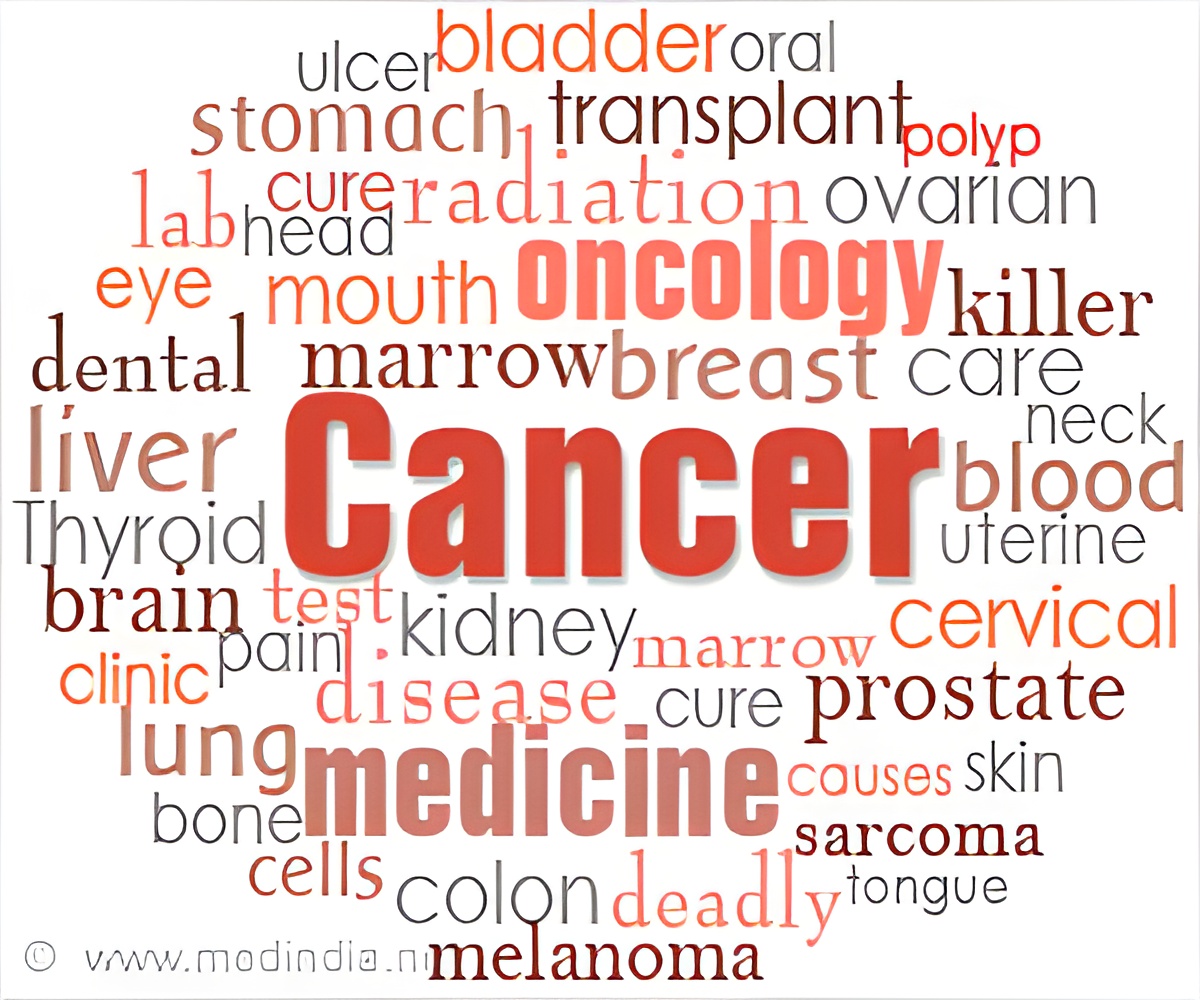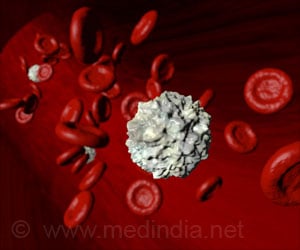Male hormones may influence Kaposi's sarcoma-associated herpesvirus (KSHV) infection, but their precise role has remained mysterious.
Cancer is a class of diseases characterized by out-of-control cell growth. There are over 100 different types of cancer, and each is classified by the type of cell that is initially affected. Men are more likely to develop a type of cancer than women, as male hormones promote an infection by virus that causes the deadly disease.
According to researchers, male hormones may facilitate infection with a virus that can cause a type of cancer known as Kaposi's sarcoma. Kaposi's sarcoma is a cancer that causes patches of abnormal tissue to grow under the skin, in the lining of the mouth, nose, and throat, in lymph nodes, or in other organs. Ke Lan's group of the State Key Laboratory of Virology, Wuhan University, China, explained how men are at an increased risk of developing Kaposi's sarcoma.
TOP INSIGHT
Men and women both have androgen receptors, but they are activated by hormones (such as testosterone) that are produced at much higher levels in men.
Earlier studies have suggested that men are more vulnerable to infection with Kaposi's sarcoma-associated herpesvirus (KSHV) and more DNA from this virus is detected in infected men than in infected women. This suggests that male hormones may influence KSHV infection, but their precise role has remained mysterious. To investigate how male hormones might influence KSHV infection, the team performed a variety of experiments with human cell cultures. These experiments focused on the androgen receptor, a protein found in the outer membrane of some cells.
Both men and women have androgen receptors, but they are activated by hormones (such as testosterone) that are produced at much higher levels in men. The researchers used a technique known as RNA interference to inhibit androgen receptor activity in the cultured cells and then exposed the cells to KSHV. They found that AR inhibition led to much lower levels of KSHV genetic material detected in the cells than in control cells. Cells treated with 5a-dihydrotestosterone (DHT), a hormone that activates the androgen receptor, had increased levels of KSHV.
This suggests that both the androgen receptor and DHT promote KSHV infection. With further research, these findings could help guide efforts to develop drugs that could prevent KSHV infection and reduce the risk of Kaposi's sarcoma. "Male hormones," the authors further explain, "facilitate Kaposi's sarcoma-associated herpesvirus infection through activation of viral receptor EphA2." The research appears in the journal PLOS Pathogens.
Source-ANI

 MEDINDIA
MEDINDIA




 Email
Email










